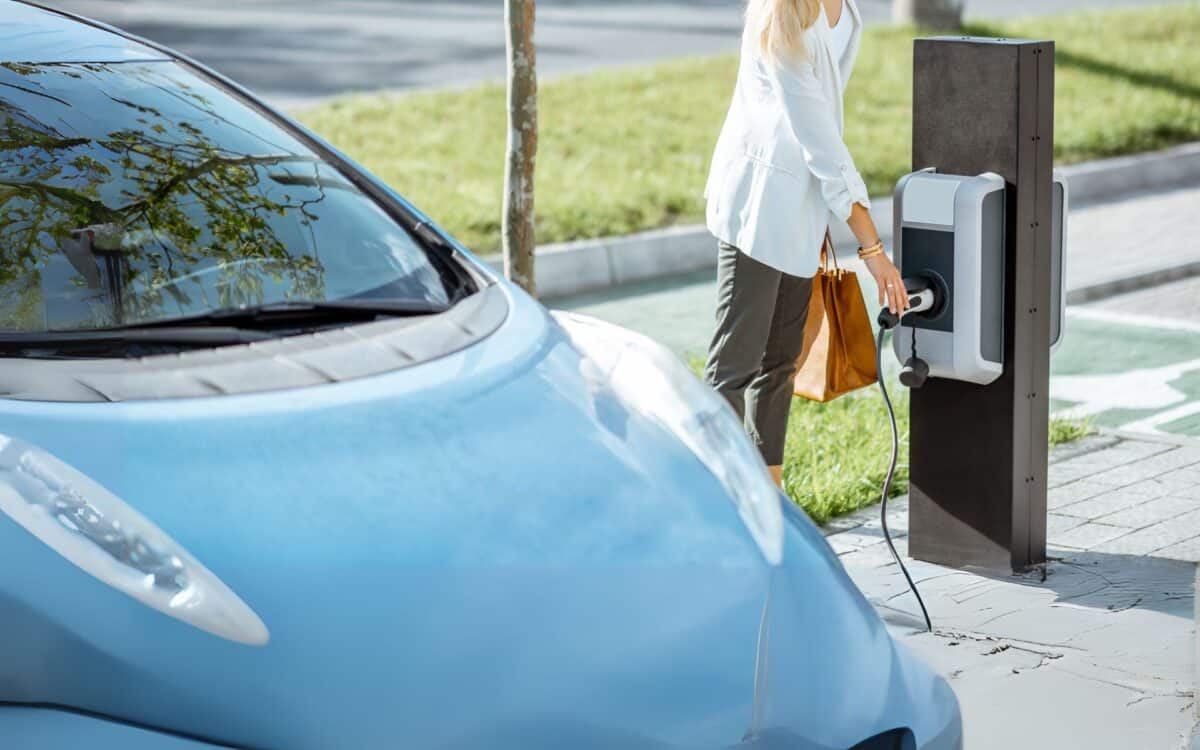Starting April 2025, a notable change is set to affect drivers of electric vehicles across the UK. A government measure will introduce a new financial obligation for EV owners, marking a shift in how clean transport is regulated.
According to Manchester Evening News, the plan aims to bring taxation for electric cars closer to that of traditional vehicles. While full details have been outlined in official announcements, questions remain around the potential impact on consumer choices and the broader green transition.
For now, the move signals a clear adjustment in the government’s approach to supporting low-emission travel.
Overview of the New Tax Structure
Under the revised rules, newly registered electric and low-emission vehicles will incur a first-year VED charge of £10, a shift from the current zero-tax status for such vehicles. For those already owning an electric car, an annual fee of £20 will be applied starting April 1.
From the second year onwards, all EVs—whether new or existing—will be transitioned to the standard VED rate of £195 per year, the same rate applied to internal combustion engine vehicles registered after 2017.
Plug-in hybrid vehicles emitting 1 to 50g/km of CO₂ will also see a tax increase, with their first-year rate rising from £0 to £110.
Additionally, electric vehicles priced above £40,000 will be subject to an Expensive Car Supplement (ECS). This entails an additional £425 annually from the second to the sixth year of ownership, bringing the total annual tax burden for affected vehicles to £620.
Reasons Behind the Change
The decision to tax EVs stems from an effort to broaden the tax base as electric vehicle adoption accelerates and fuel duty revenues decline.
The Driver and Vehicle Licensing Agency (DVLA) has confirmed that these changes will apply to both newly purchased and currently owned EVs, ensuring parity across the board.
Environmental advocates have expressed concern that the measure could undermine the incentive to adopt electric vehicles, particularly at a time when climate goals require a transition to low-emission transport.
The UK government maintains that aligning the VED structure for all vehicle types ensures fairness and reflects the evolving composition of the automotive market.
Paying the New Charges
Motorists will continue to pay their VED via the GOV.UK website, using a reference number provided in a postal notification or found in the vehicle logbook (V5C). Alternative payment options include telephone transactions or in-person visits to local post offices.
The tax can be paid annually in one installment or spread monthly or semi-annually through Direct Debit, though this method incurs an additional 5% fee.
The tax change introduces a new variable into the EV ownership equation, particularly for those weighing the long-term cost savings of electric cars.
While the direct financial impact remains modest for most drivers, the policy signals a shift in how the UK incentivizes clean transport. Future EV uptake may now rely more heavily on infrastructure support and energy pricing than on tax exemptions.









